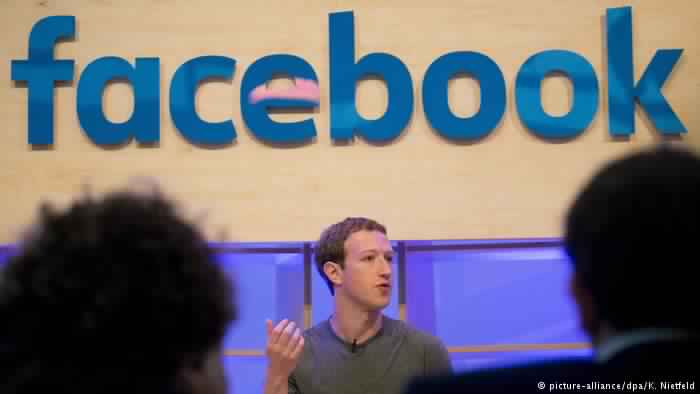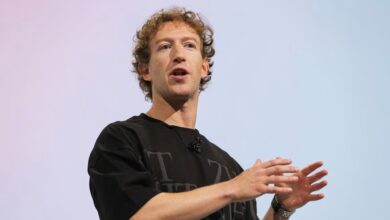
Zuckerberg wrote on Thursday that he wants to focus on protecting Facebook users from abuse, defend against interference by nation-states and “making sure that time spent on Facebook is time well spent.”
“The world feels anxious and divided, and Facebook has a lot of work to do,” Zuckerberg wrote in the post.
He wrote that his “personal challenge for 2018 is to focus on fixing these important issues,” adding that the pledge “may not seem like a personal challenge on its face.” He did not elaborate on how he would improve the social network, which has recently come under fire for allowing the rampant spread of false information.
“We won’t prevent all mistakes or abuse, but we currently make too many errors enforcing our policies and preventing misuse of our tools,” Zuckerberg wrote.
Zuckerberg, 33, said Facebook was standing at a crossroads that required his attention, citing the spread of hate speech on social media and criticism that the platform can be an addictive and a waste of time.
“Back in the 1990s and 2000s, most people believed technology would be a decentralizing force,” Zuckerberg wrote. “But today, many people have lost faith in that promise. With the rise of a small number of big tech companies — and governments using technology to watch their citizens — many people now believe technology only centralizes power rather than decentralizes it.”
Social media issues
Facebook allowed agents of the Russian government to buy political ads in the 2016 US presidential election and spread organic posts.
The company, as well as Google and Twitter, faced a series of congressional hearings to testify on Russian election interference as a result and Facebook was obliged to hand over several thousand Russia-linked ads.
Another issue is removing hate speech posted to the network. A new law in Germany, for example, obliges social networks to remove online hate speech or face stiff fines.
Ex-Facebook executives have also publicly questioned whether using the network leads to unhealthy behaviors.
Skepticism lingers
Facebook’s past attempts to curb abuse have been widely criticized.
In December 2016, it rolled out tools enabling users to report posts they believed were fake and partnered with independent fact-checking organizations, such as Snopes and PolitiFact, who later reportedly claimed their work had been exploited to improve Facebook’s image.
The social network reported $16 billion (€14.2 billion) in net income on $36 billion sales during the 12 months ending on September 30.




